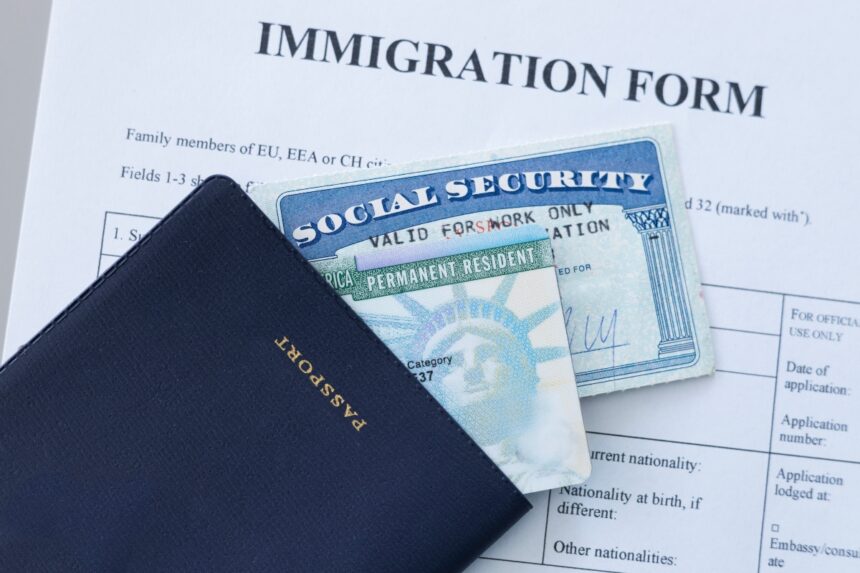U.S. Citizenship and Immigration Services(USCIS) announced on Monday, August 1, 2025, an internal directive, effective immediately, that clarifies that a family-based petition – such as an application for permanent residence based on marriage (Form I-130) – does not confer immigration status or protect against deportation, even if the petition is pending or approved.
This opens up a new vulnerability to deportations, as has been the case since the beginning of Donald Trump’s administration, even for those with ‘green cards’.
What does the new USCIS guidance address?

The USCIS Policy Manual guidance (Volume 6) incorporates stricter rules on:
Eligibility, documentation and interview requirements for family-based petitions.
The power of USCIS to issue a Notice to Appear (NTA) and open removal proceedings if the applicant is found to be removable, either before or after the family petition is approved.
This applies to both new applications and those pending at the date of implementation of the policy.
Implications for applicants and families

Immigration experts, such as Elora Mukherjee, warn that the marriage route has historically been fundamental to adjust immigration status within the U.S. without the need to return to the country of origin.
Now this route is more risky.
The new policy allows USCIS to initiate deportations at any stage of the process, even if the marriage has been previously evaluated or approved, especially if discrepancies, fraud or irregularities are detected.
In the first six months of 2025, more than 520,000 I-130 petitions were filed, according to USCIS data. As of June, there were more than 2.4 million I-130s pending, of which more than 1.9 million had been in processing for more than six months.
Magnitude of deportation

The high backlog of cases creates an environment of strict documentation and follow-up that increases the risks of lengthy processes and possible administrative removals.
For the Hispanic resident community, this guideline represents:
Increased legal uncertainty, even in legitimate relationships.
The need for legal support from the initial filing to avoid mistakes that may trigger adverse immigration proceedings.
A clear lesson: approval of a family petition does not equate to immigration protection or guaranteed legal status.
A 8 meses del inicio de la administración de Trump, las cosas se han puesto cada vez más difíciles para los hispanos que viven en Estados Unidos, incluso para aquellos con green card
Between family and immigration law
This policy embodies a “system integrity first” approach, where USCIS emphasizes that preventing immigration fraud is as much a priority as reunifying families, even if it means deporting those waiting in the U.S. under a valid family petition.
Those in the process or planning to file through marriage or other familial relationship should prepare for:
Exhaustive documentation proving the authenticity of the link.
Possible mandatory face-to-face interview.
Continuous evaluation of the legal status, regardless of the progress of the process.
In summary, under this new policy, applicants and their sponsors should be alert: a family petition no longer equates to protection, and any irregularity may result in ongoing or approved deportation proceedings.
Find out more at ‘QueOnnda.com’.























